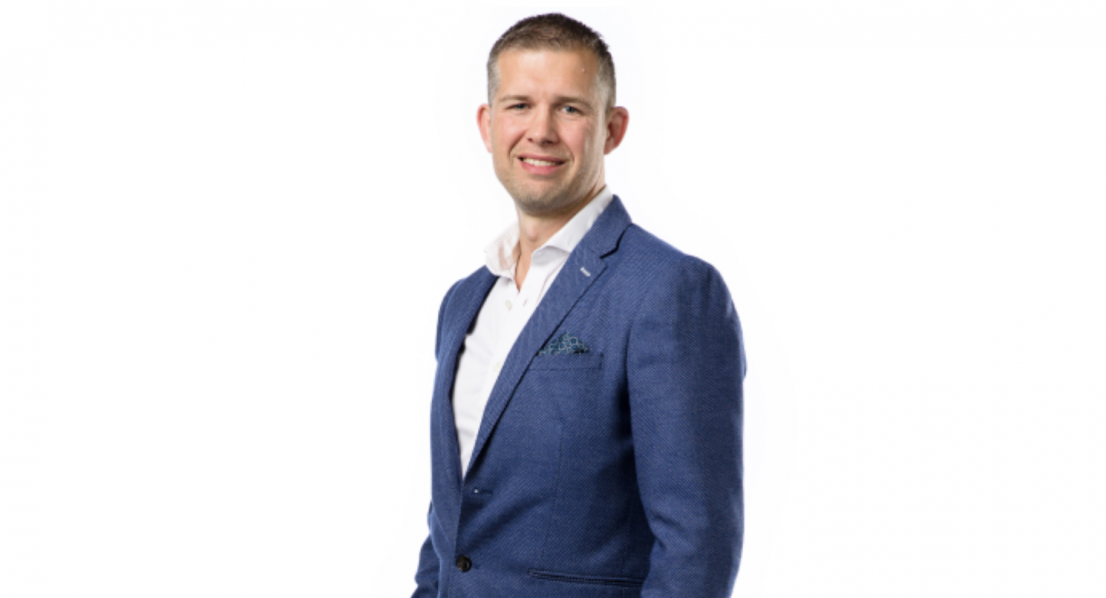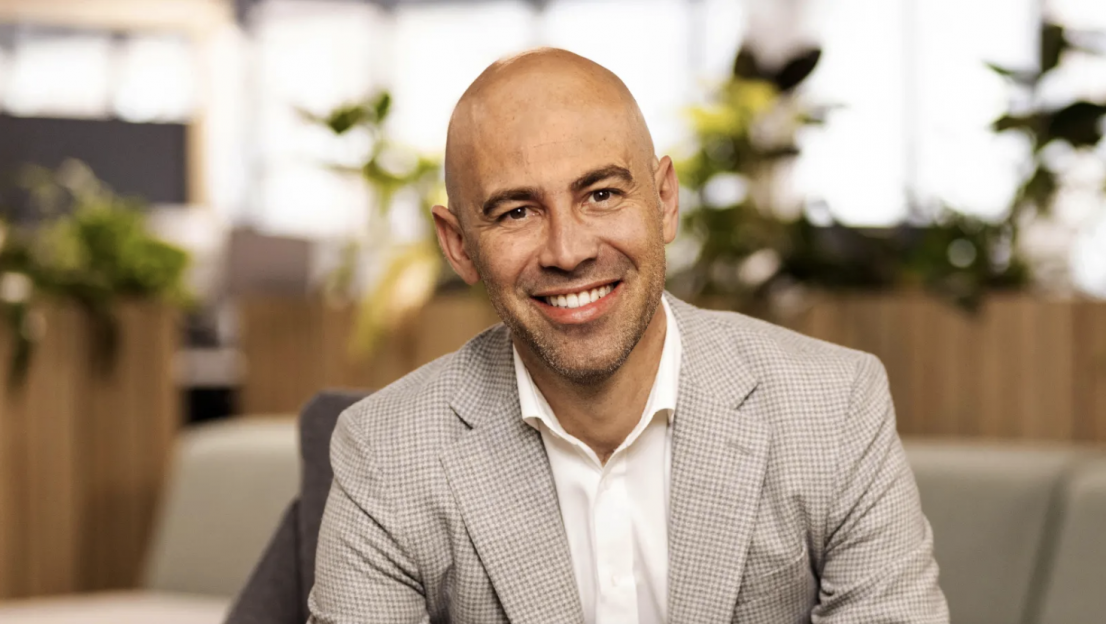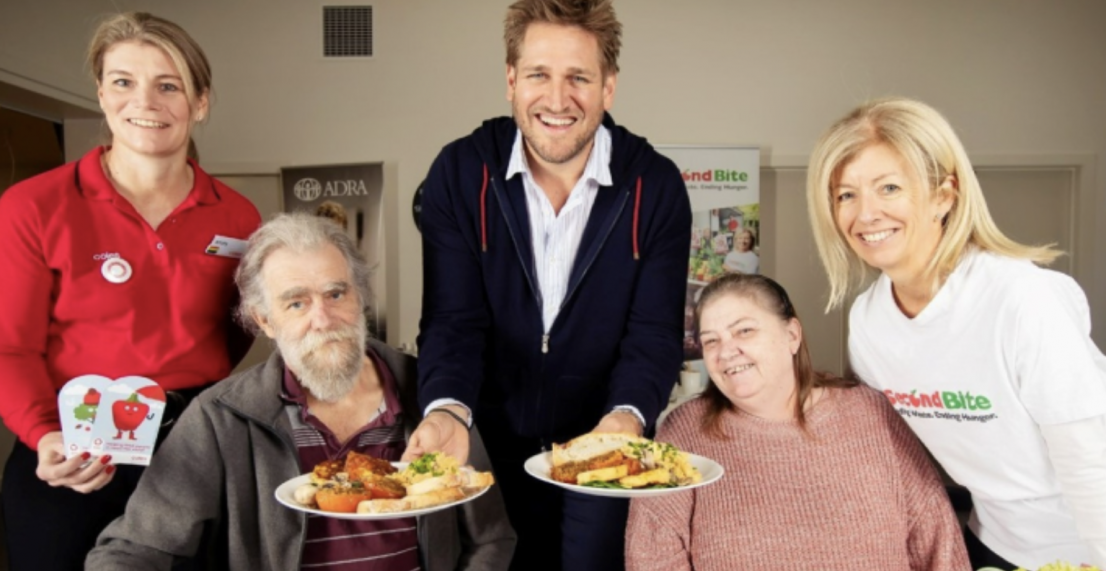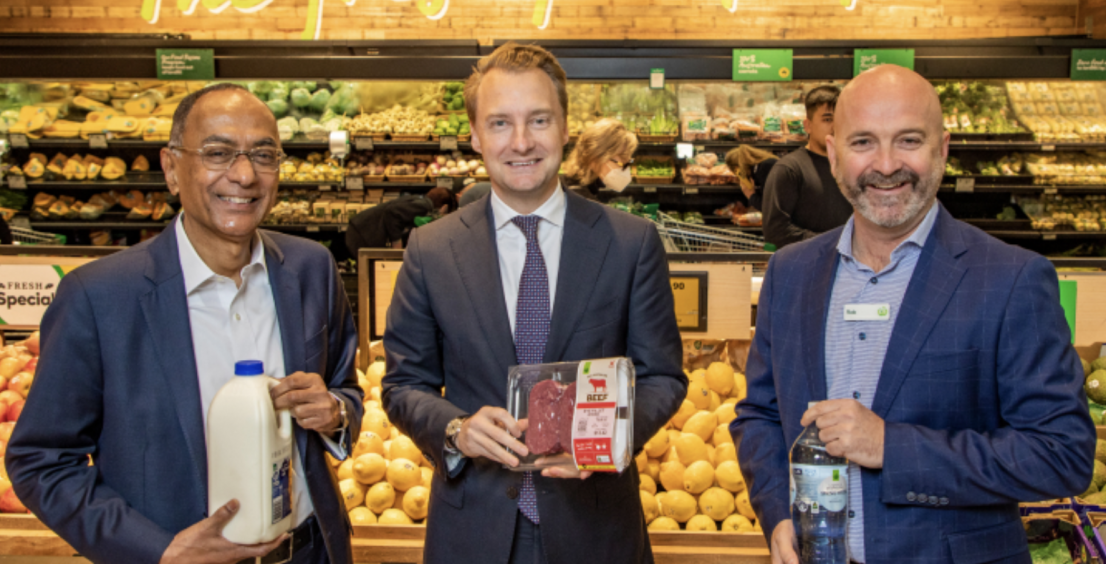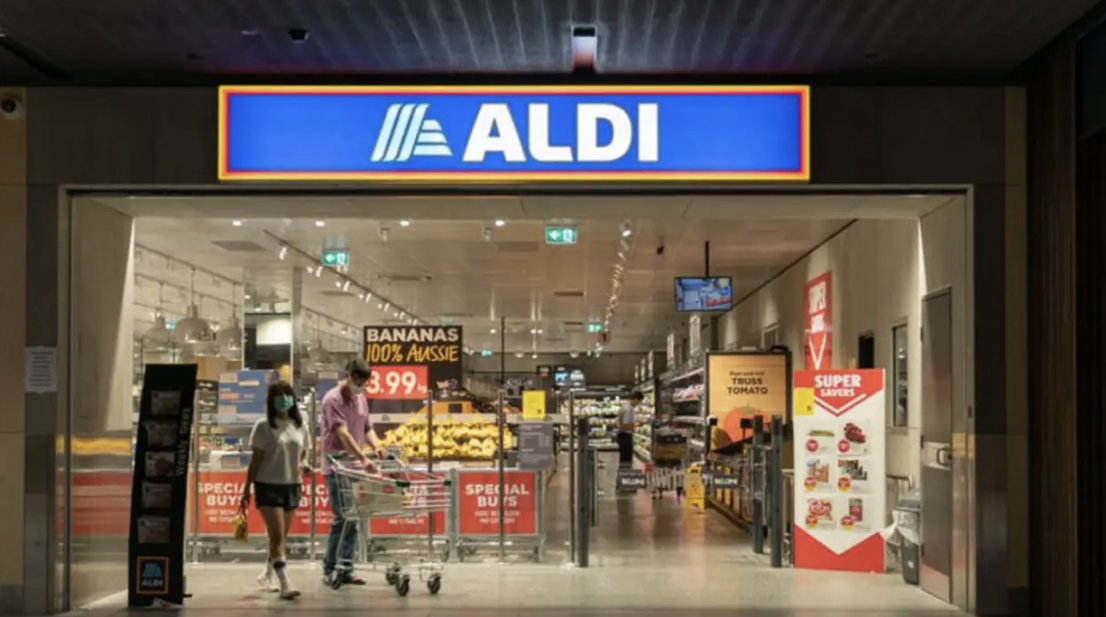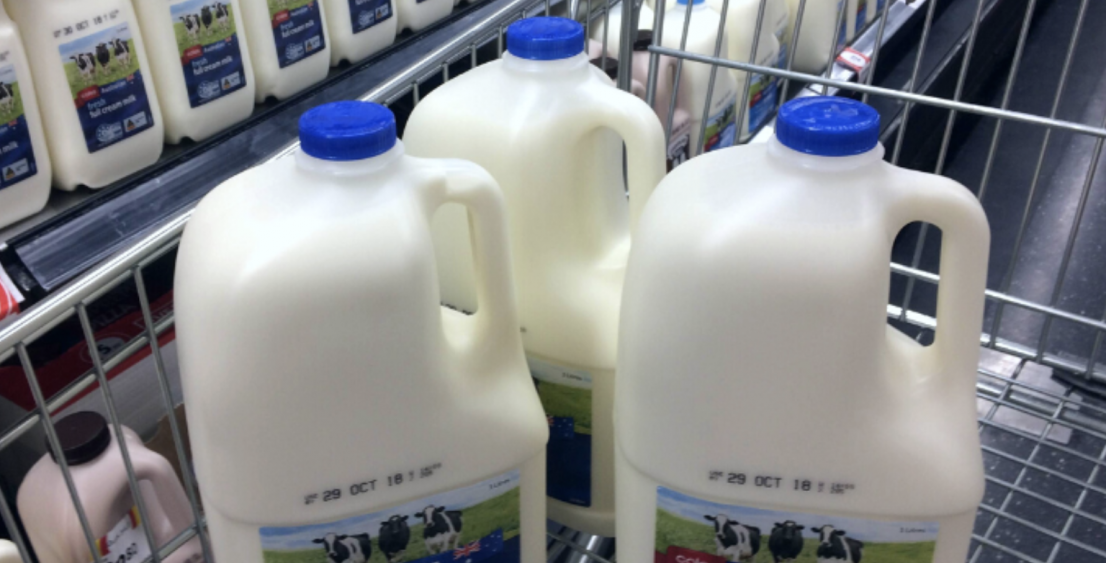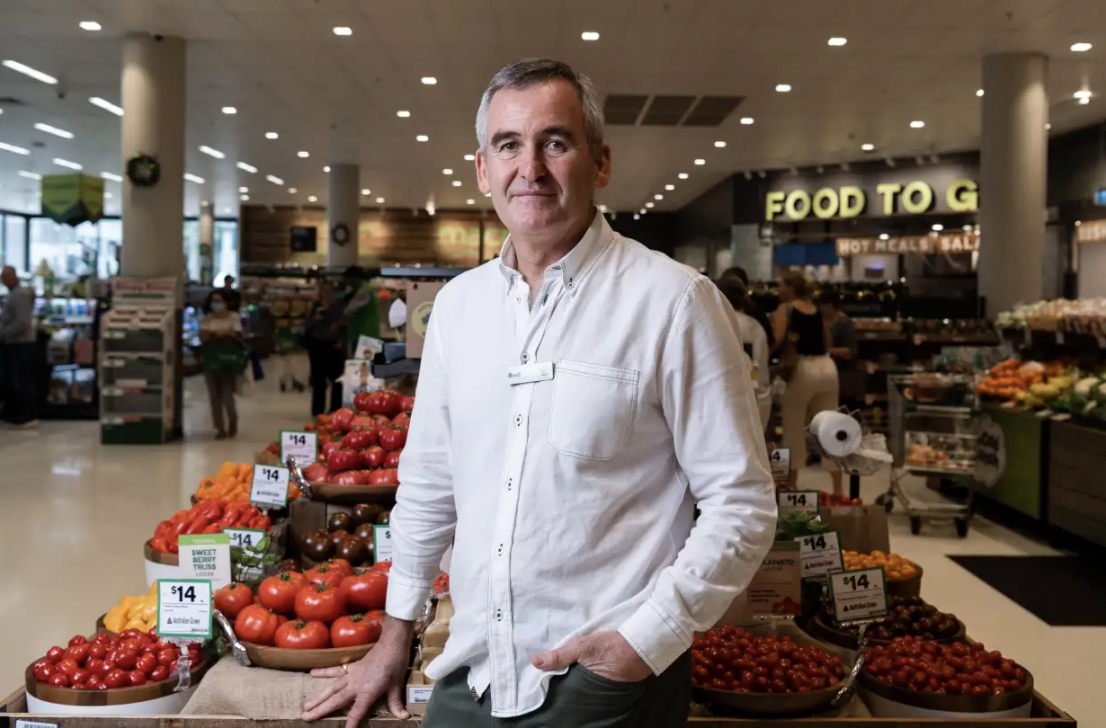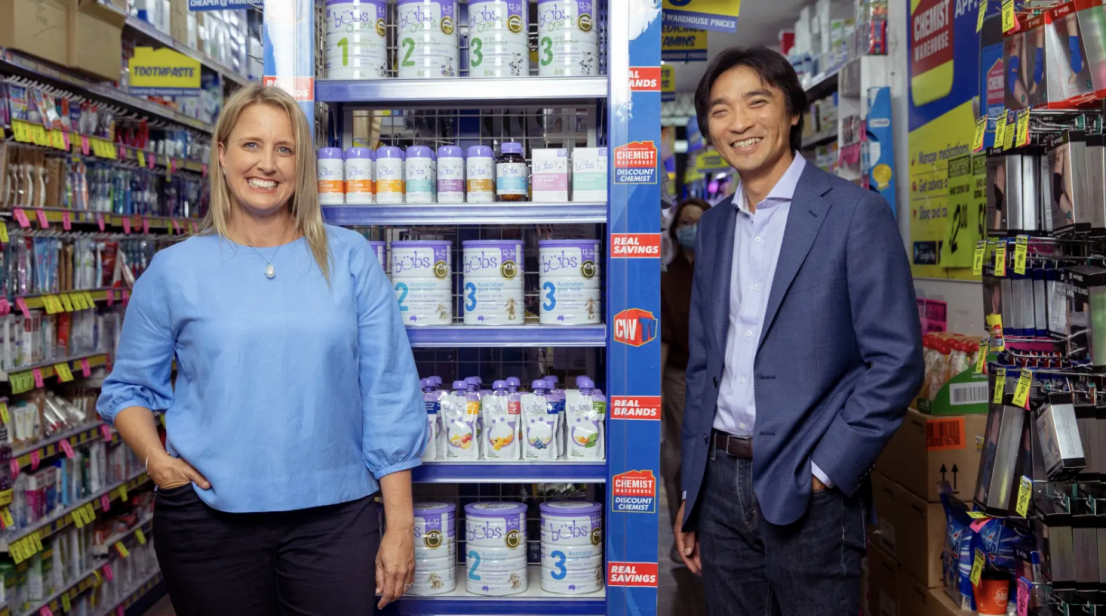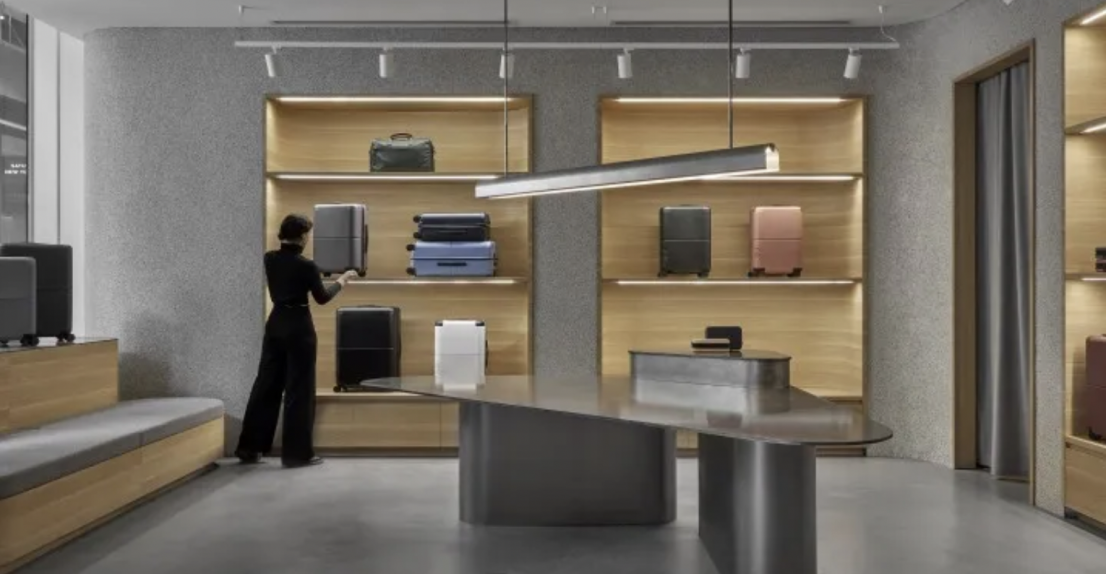
After a catastrophic few years for the travel industry, Australian luggage brand July is back on track and launching a new bricks-and-mortar presence in Sydney and the US.
The business, which saw sales fall more than 90 per cent during the worst of the pandemic when the travel industry was forced to shut down, is now enjoying a year-on-year revenue spike of 1500 per cent, and 50 per cent month-on-month.
July co-founder Athan Didaskalou said the business will be launching a store in Sydney’s The Galeries shopping centre in September, then focus on launching stores in New York and Los Angeles soon.
“The secret sauce for us has got to be our physical retail,” Didaskalou told Inside Retail.
“In the early days [of July] it was a bit of a flex for us – we knew there was a customer that would need luggage [to travel] the next day, and there’s no e-commerce solution for that.
“But we’re starting to realise that, when we do our revenue per square metre [analysis], our stores are phenomenally profitable. We want to expand our physical retail presence as much as we can.”
July launched into the US in [2021] when travel in opened up again, and, while its budget pieces didn’t perform well in that market, it’s more premium ‘trunk’ style products are in constant demand and the business “literally can’t make them fast enough”.
And, following its successful expansion into the US, July is likely to try to gain a foothold in the UK with an eye to expanding into Europe.
Under one roof
Back home in Australia, the business’ physical spaces have continued growing, despite the slow return to international travel.
Throughout the pandemic, July decked out its warehouse and headquarters in Melbourne with a new coat of paint, and created a retail space at the front-of-house.
And, though Didaskalou admitted it can be hard to focus on work when customers are shopping just metres away, the feedback gained by having a direct line to its audience has already led to some product improvements.
“For example, for our ‘carrier lite’ bags, a lot of people have come in and said its too small. And we’ve [been] sitting there, working and listening in, so we made it expandable,” he said. “That insight came from being able to just sit next to the retail store and listening to people.”
Working together under the one roof has also helped the July team to bond, with warehouse, retail and head office workers being able to meet and speak on a daily basis.
Australians “anxious” about delivery times
Throughout the pandemic, Australians’ confidence in shopping online grew by leaps and bounds, and when travel was back on the cards, July saw many more customers shopping its ranges online.
However, after the difficulties delivery providers have faced in the last few years, Didaskalou is seeing far more consumer confidence in buying online where click-and-collect is an option.
“In Australia, there’s still a bit of anxiety around when [online purchases] will arrive,” Didaskalou said.
“Australia Post and other players have a big job on their hands, [but] people just don’t expect their purchases to arrive anytime soon, so the option for click-and-collect has made things so much easier.”
However, with only two stores in Melbourne and one to come in Sydney, most Australians are unable to use the click-and-collect option at July.
The way the business deals with this currently is by having several warehouses across the country, and working with small, private courier networks that commit to fast deliveries. That way, if a customer in Perth, for example, purchases a product, it doesn’t have to ship from the other side of the country.
